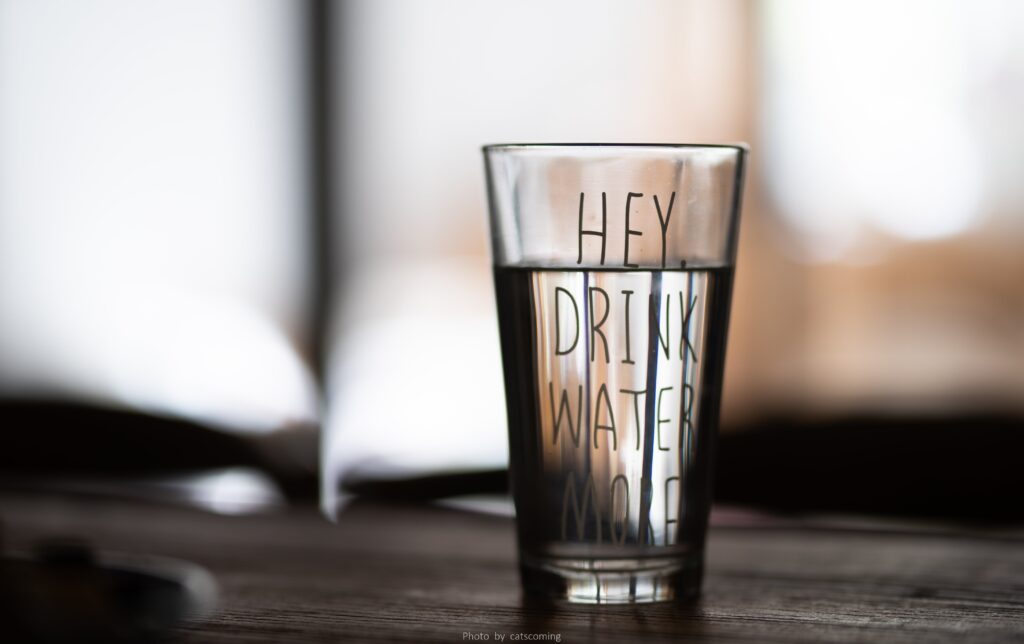The average human body is more than 60% water. It comprises about two-thirds of your brain and heart, 83% of your lungs, 64% of your skin and even 31% of your bones. It’s involved in almost every process that keeps you alive. So, if you’ve joined the water-drinking craze, you’re doing yourself a big favor.
“Water is essential for your body’s survival,” says Crystal Scott, registered dietitian-nutritionist with Top Nutrition Coaching. “It helps regulate your temperature, transports nutrients, removes waste, lubricates your joints and tissues, and it also plays a crucial role in maintaining the delicate balance of electrolytes and fluids in your body.”
You lose water when you breathe, sweat, urinate and metabolize food and drink into energy, explains Fortune’s recent article, “It’s not 8 glasses a day anymore. Here’s how much water you should drink each day.”
If you don’t replace that fluid, your health can go downhill quickly. Without water, you’ll die in only a few days. There are simply too many systems that depend on it.
“It’s the starter when looking at any form of change or issues with your nutrition or your lifestyle—assess water intake first and foremost,” says Scott. “It helps with fullness cues, it can improve cognitive function, mood, physical performance, and can prevent health problems like constipation, kidney stones, and urinary tract infections. It’s one of the foundational building blocks.”
The common rule of thumb you’ve likely heard is the 8×8 rule: Drink eight 8-ounce cups of water daily. If you’re achieving that, you’re doing well but may benefit from some adjustments. Your intake recommendation may also vary based on life circumstances. For example, if you live in a hot and humid climate, get a lot of physical activity, are pregnant, or are breastfeeding, you may need more water daily than the average adult. Your doctor can help guide you.
The National Academy of Science, Engineering, and Medicine recommends an average daily water intake of about 125 ounces for men and about 91 ounces for women. If you’re not getting exactly that amount every day, you’re probably still close or even over because you also get water from food. While it’s rare, it is possible to drink too much water, a condition known as hyponatremia. It occurs when water in your system overwhelms your kidneys, which can’t keep up with a normal filtration rate.
However, for most of us, the bigger issue is getting enough water. While it’s helpful to keep tabs on actual ounces, your body is the best indicator of whether you’re well-hydrated. Your body will show certain signs when you don’t get enough water.
“Urine color is a really great indicator of hydration status,” says Scott. You’re golden if your toilet water is pale yellow or clear after you pee. Dark yellow or amber-colored urine is a sign your body needs fluids. Headaches, migraines, bad sleep, constipation, dizziness and feeling light-headed or confused can also be signs of dehydration.
Reference: Fortune (May 6, 2023) “It’s not 8 glasses a day anymore. Here’s how much water you should drink each day”

